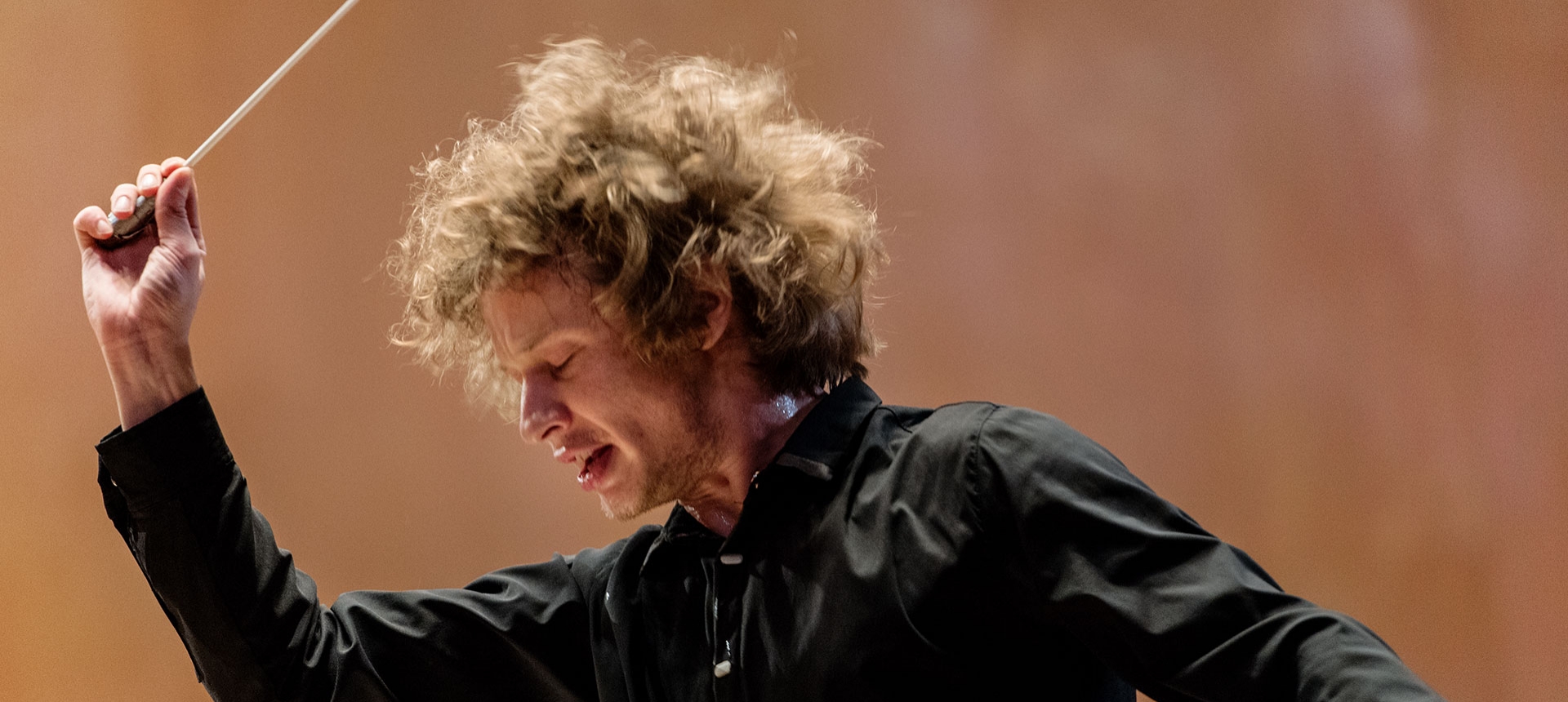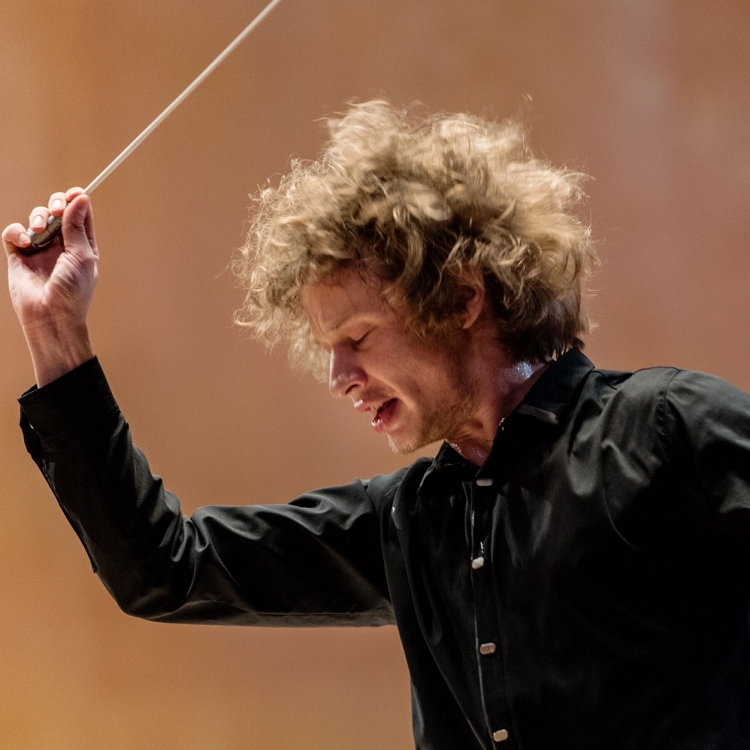Cart
Your cart is empty
Your cart is empty
List is empty
Press ESC to close the search field



Event has already taken place. A gripping musical experience with the Gothenburg Symphony Orchestra and conductor Santtu-Matias Rouvali.
Shostakovich’s relentless snare drum echoes with a strangely eerie effect in the Concert Hall’s vibrating acoustics. Audiences have experienced this sensation eight times since the Gothenburg premiere of Shostakovich’s Symphony No. 7, the ”Leningrad Symphony”, with Carl von Garaguly in 1943, as the Second World War raged on. There isn’t an audience in the world that leaves a performance of this dramatic music unmoved. On this occasion, the Gothenburg Symphony’s Chief Conductor Santtu-Matias Rouvali takes to the podium to present Shostakovich’s gripping commentary on the cruel Nazi siege of Leningrad 1941-1944.
Shostakovich’s music was written in what was then Russia and the Soviet Union, marked by anything but freedom of opinion, and contemporary research indicates that he was, after all, critical of his own contemporary oppression and that he used his artistry as an expression of this even if the authorities then chose a different interpretation. Experiencing this music now, with that knowledge, can add additional dimensions to the experience, in addition to the purely musical.
Get to know the classical piece
Take a seat in the Great Hall one hour before the concert begins and learn more about the music you will soon experience! You will get the stories behind the music, knowledge of the composers and own reflections about the classical pieces. The introduction last for about 30 minutes, it is free and free seating in the hall. Warm welcome!

Here you will find all the necessary information that you need to know about before your magical visit in the Concert Hall.
Invite yourself or someone you like to an experience for all the senses. Welcome to visit the Concert Hall's restaurant or one of our foyer bars.